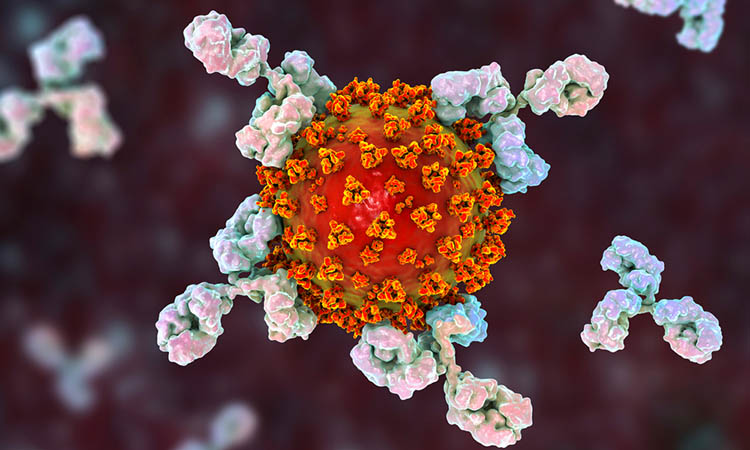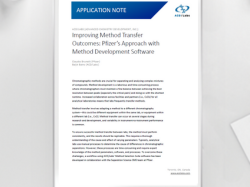Phase II trial to study anti-COVID-19 mAb CT-P59 completes enrolment
Posted: 26 November 2020 | Victoria Rees (European Pharmaceutical Review) | No comments yet
A trial of CT-P59, an anti-COVID-19 monoclonal antibody, has completed its enrolment and will study the treatment against standard-of-care.


Celltrion Group has announced the completion of enrolment of 327 patients with mild-to-moderate symptoms of SARS-CoV-2 infection in the global Phase II clinical trial of CT-P59, an anti-COVID-19 monoclonal antibody (mAb) treatment candidate.
The company anticipates submission for emergency use authorisation (EUA) to the Korean Ministry of Food and Drug Safety (MFDS), conditional on results from the global Phase II pivotal trial.
The global Phase II clinical trial is a randomised, double-blind, placebo-controlled and parallel-group trial designed to evaluate the efficacy and safety of CT-P59 in combination with standard-of-care in patients with SARS-CoV-2 infection.
The trial enrolled 327 patients with mild-to-moderate symptoms of COVID-19 across three groups (placebo, low concentration and high concentration). In addition, Celltrion plans to initiate a global Phase III clinical trial in more than 10 countries in order to obtain more comprehensive safety and efficacy results of CT-P59.
“We managed to successfully enrol 327 patients for the global Phase II trial and the results from the trial are expected in the coming weeks. We plan to compile a robust data set to support the planned EUA, expected as early as the end of the year, subject to positive study results,” said Dr Sang Joon Lee, Senior Executive Vice President of Celltrion. “In order to respond to the global pandemic threat, we are moving forward with our clinical development with the highest urgency and as a key priority.”
In an effort to further address the pandemic, Celltrion has also initiated a post-exposure prophylaxis clinical trial to evaluate the preventive effect and safety of CT-P59 and identify whether this antibody treatment candidate can elicit a neutralising antibody response to prevent the virus from infecting human cells.
The company is also working to increase its manufacturing capabilities to meet the current global and domestic demand for the anti-COVID-19 mAb treatment candidate, ensuring potential delivery for as many as two million people per year globally.
Related topics
Antibodies, Clinical Development, Clinical Trials, Research & Development (R&D), Viruses
Related organisations
Celltrion Group, Korean Ministry of Food and Drug Safety (MFDS)









